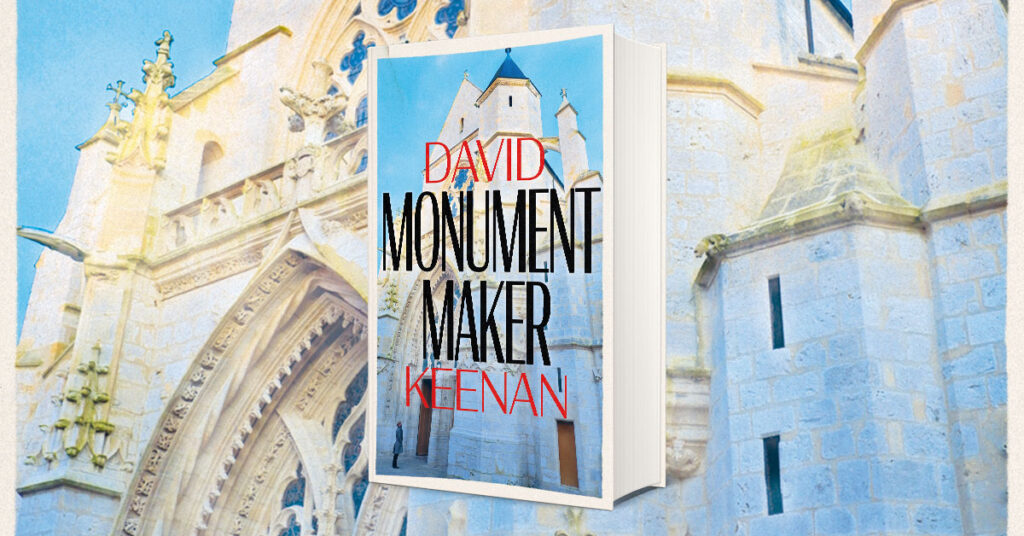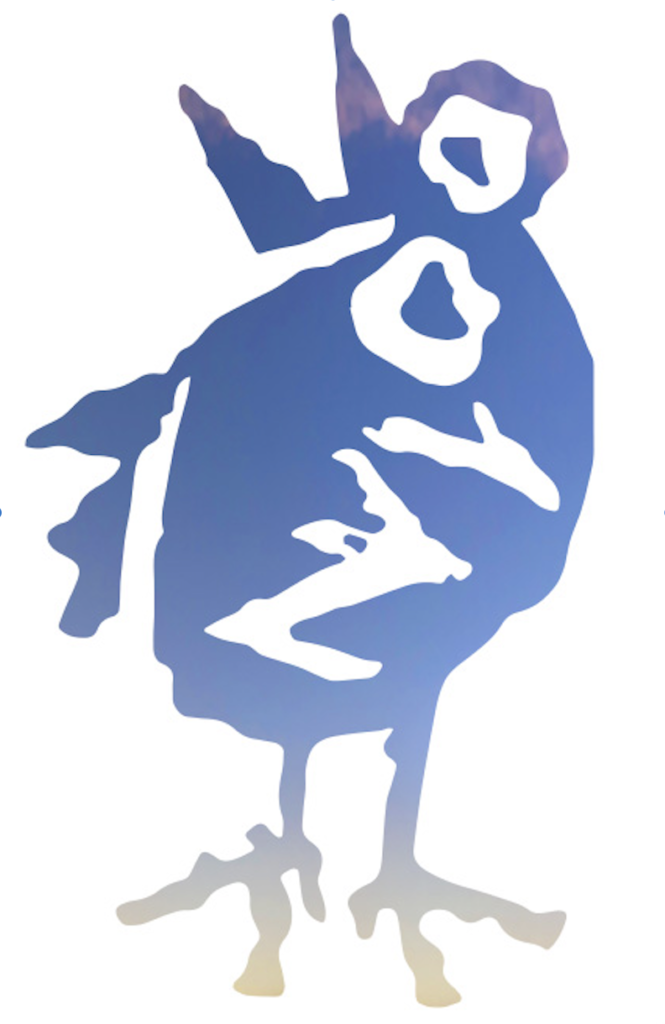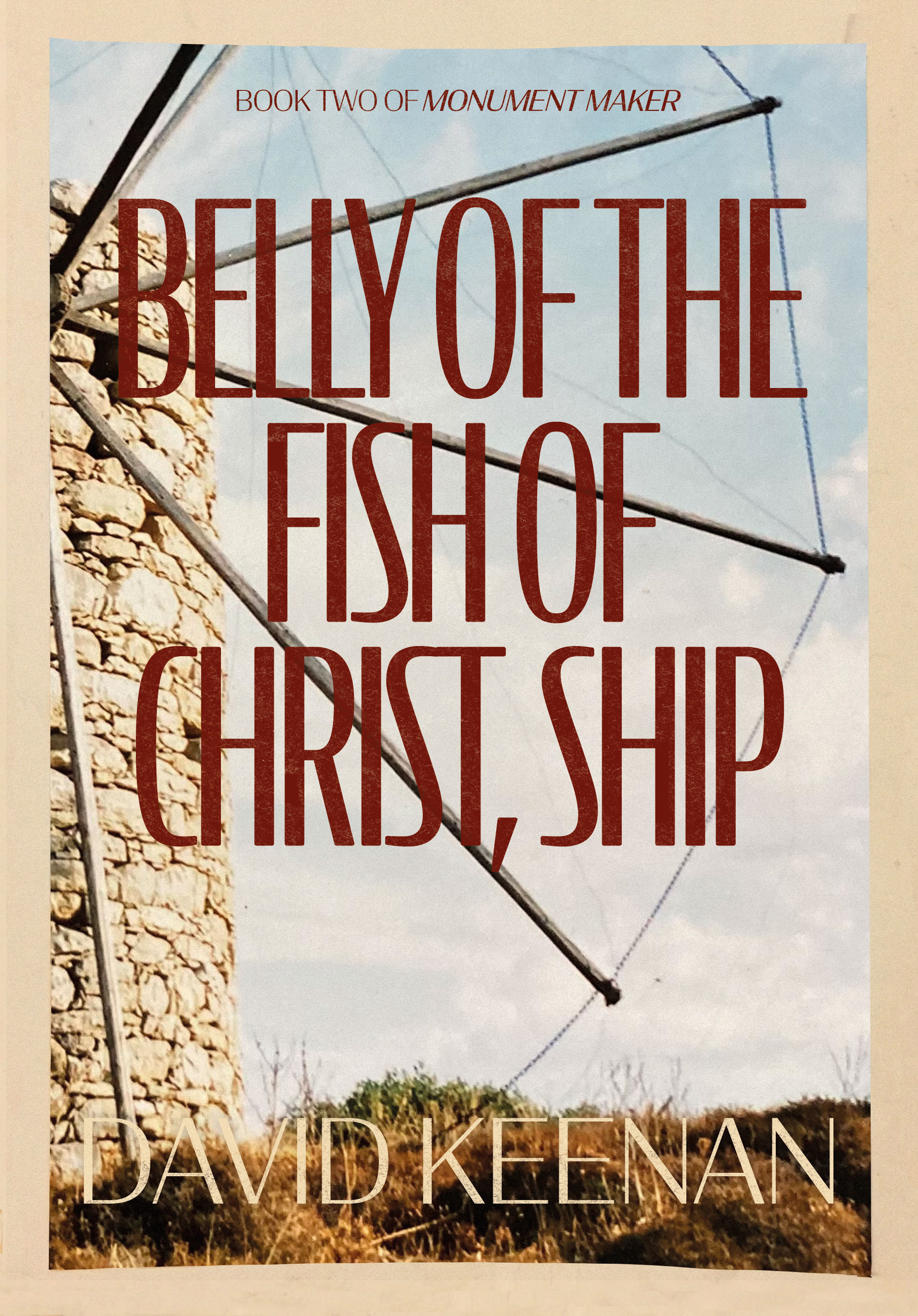22/10/1884
A letter has been delivered to Gordon of Khartoum. The small boy with the limp was entrusted to carry it from the lines to the palace. Gordon of Khartoum read it to his mouse and laughed. It is a forgery, a dastardly piece of ill prophecy. It claims to be from the Mahdi himself. It praised God and urged that Gordon of Khartoum, too, might be brought to the light. It talked of mercy and compassion and peace. Then it revealed that the will of God, the one true God, was against him. The will of God, the one true God, holds the Nile by the throat and denies all passage. The will of God has set the reckoning in Khartoum. The will of God has taken the Abbas and all that it held. The Mahdi is in receipt of wraiths and dead bodies. The writer, the poor Greeks, the negotiators, all of the soldiers, the tiny yachts dragged upstream against their will, the skirted ships, the coded papers, the cutlasses with their ornate handles, the smooth wooden rifles, the woman who gave up her sex as a sign, the women who melt in the sun, the ciphers that would serve to decode the specifics of our situation, the guarded pleas, the political caricatures, the aimless doodles, the personal effects, the mementos from this prison on the Nile, the truth of what has happened here, all were delivered unto him and further, into the fires of hell. Gordon of Khartoum’s mouse laments the vanity of the plans of mice and men, even as it wears a small bib and eats at the table like a man. Mice have no time for tales, says the mouse, which has been given a secret name, known only to Gordon of Khartoum, but which rumours claim is one of the prophets of the New Testament. I say John, but Fonte says Elisabeth, Estabeth of the Cross; Xstabeth. It is said in The Book, Fonte told me, that before Mary gave birth to the Messiah, God had her cousin, a barren woman, give birth to a holy child in seclusion. She became the example for Mary. The litter of mice, I said, seems no example for a messiah. Is Khartoum any better? Fonte said. The mouse speaks of vanity. What of the turkey cock that he has taken as a lover? I asked him. That, I grant you, Fonte said, is more likely a John.
Gordon of Khartoum laughed when his mouse said it had no time for tales. Gordon of Khartoum heard it as tails. How happy, he thought, is a poor ragged mouse that pays no heed to its tail. Give me a command of four thousand mice and I would happily lead them to a meeting with the Mahdi.
Now Gordon of Khartoum looks to the west. He stands on the roof of the Serail as a silhouette and he watches as the waters, too, are taken up by the sun and the moon, and what is revealed there.
3/11/84
A fleet of ghostly vessels approaches our fate. A thin tunnel of smoke rises in the distance. Soldiers stand by the water and fire salutes high into the clear blue air. The Egyptian flag ripples in the breeze. Groups of people stand waist-deep in the waters of the Nile in silent exultation. It is the Bordein, the last ship to leave Khartoum, returned encircled by an invisible consort. It lies low in the water, like an unblinking eye. Everything is still. The people walk backwards out of the water as a figure appears on the deck and says something in a language no one understands. A lone soldier, in full body armour, wades into the water. As he approaches the boat the figure leans down and places a smaller boat, not much larger than the palm of his hand and with three small sails, into the water. It moves across the silent waters towards us.
It is a second visitation, a second trespass of time. It is the angel of death taken the form of a small solar bark. The soldier opens his arms and holds the boat to his breast. Then he retreats from out of the water. The Bordein turns slowly in the water, with a sound like the splintering of a coffin, and then floats off above the water, to return to its new master across the water. The bark is the sign that everyone is dead and will not return.
Now Britain holds the direction of the future, Gordon of Khartoum says. Aye, Fonte says. ’Tis a black art they practise. Black soldiers are beautiful, Gordon of Khartoum says, and he touches my face. Even in a time of deathly angels, Gordon of Khartoum acts tenderly. I think of the peace he brought us, the terrors he brought to an end, how he traded them for a final terror that better matched the image of himself. I saw Gordon’s face in Khartoum, the two sides, out of sync, mismatched and pitted against each other. I reached out, without thinking, and returned his touch. I held his head in both my hands. I felt the weight of the future.
Later that evening he requested my presence at dinner. I sat at the table next to the creature whose name is Xstabeth and ate biscuits and drank strong coffee. There are books on everything under the sun, the creature mocked. Gordon of Khartoum laughed. My companion is a great source of strength, he said, and he broke some biscuits onto its plate. What do you know of prophecy? I asked it. Mice know nothing of such things, it said. We are forgiven of history, exempted from time. All it asks of us is the shedding of our garments. Our disrobing is its pleasure. It is an insatiable lover. Does it always talk like this? I asked Gordon of Khartoum. Oh yes, he marvelled, ask it anything you like. What of my father? I asked it. Do you know anything of the afterworld? We know nothing of fatherhood except as a form of gravity, the same gravity that draws us to the decomposing bodies where we love and lie. Mice love? I asked it. Do not planets dance around the stars? it said. You know of stars? Their stuff is inside us, it said, and it picked up a small crumb from its plate with both its hands and ate it.
I turned to Gordon of Khartoum in awe. A talking mouse made up of the stars, I said to him, is truly a remarkable thing. Khartoum has become a place of miracles, Gordon of Khartoum said, in these last days. This is how it was written. If only relief could make it through, I said, we have so many wonders to share with the world. I have come to believe, Gordon of Khartoum said, that the wonders are bottomless when you give yourself up for dead. Excuse us, he said to the mouse, but we will retire to the book tower in private. The mouse shrugged and continued eating.
25/12/1884
Christmas in Khartoum is a wondrous thing. At first we thought it a snow that came down across the city; feathery, soft, a miracle from God. Gordon of Khartoum stood in his gown on the roof of his palace and opened his arms to the skies. But it was no snow. Instead a rain of ashes enveloped the city, a macabre display engineered by the Mahdi himself as a mockery of the Nativity. I pictured the remains of families, children, loyal animals, picked up on the wind only to rain down on our heads. These are the Mahdi’s victims, Gordon of Khartoum said, whom God himself has turned to tears.
For dinner, a spit-roasted turkey cock was shared between Gordon of Khartoum, Orphali and myself. I dared not ask if it was the same turkey cock that had been his own humiliation, but I can say that it tasted so. Biraggo Fonte and the ‘brave Yezidi warriors’ refused Gordon of Khartoum’s invite. They were fools. Gordon of Khartoum read us passages from The Book. He talked of Jesus’s lighting out and of his journey alone across the desert. He talked of his temptation on the rock, where he was seen to wrestle with an invisible power. He recalled him in his crib, surrounded by the animals. He talked of the rivers that flow from Eden and he told us that Eden is nowhere to be found, that Eden, in the end, will find us, no matter where we are. That night I stayed at the palace and slept in the arms of a great bliss.
1/1/1885
The New Year brings a diet of rats. The mice are too small to concern ourselves with. Gordon of Khartoum feeds his men on the pith of the trees. He paces the city in an attempt to raise men up. Sentries lie exhausted in the sand. Gordon of Khartoum drags them to the water and awakens them. As in the frozen wastes, there are no doctors in Khartoum any more and the people display their open wounds like stigmata. They sleep standing up on crutches. The streets are awash with excrement, which flows as a final tributary into the Nile. Indeed, the street that leads to the palace has come to be known as the Brown Nile. There is much disease and contagion. Contagion, says Biraggo Fonte, was the plan all along. He claims the Yezidis themselves are infected. With what? I enquired of him. With the future, he said. What of Eden? I asked him. Your man Gordon was correct, he said. You too, he said, must play your part. What have I been doing all along? I burst. Here in Khartoum I have been a faithful player in the show. Now you will require unfaith, player, Fonte spat. All our theology comes to this. Fonte tells me of the fall of Omdurman across the water. He tells me that the Mahdi has the power to melt iron and lead and steel in the furnace of his men’s stomachs. The fort itself was dissolved in the retching of his devils.
Do you remember what you told me of prophecy? Fonte asked me. The words were not mine, I admitted, and I wrestle with their truth. You told me prophecy was a way to make of the future the past, Fonte said. In other words, prophecy is an escape from history. It is a tunnel beneath the ground, a hole in the wire, a secret trapdoor. But you read my palm, I said, yours too. Khartoum is written in our flesh.
What if we could combine the two? Fonte said, and his eyes glinted with a truth that was both far away and just beneath the surface. Look, he said, and he held his right hand up to my face. It was caked in blood and covered in cuts and sores. At its centre there was a weeping wound. Tunnels, he said, holes, he said, trapdoors.
Have you received your humiliation at the hands of the Yezidis? I asked him. We exchanged humiliations, Fonte said, now all our beliefs are brought to nought. But in the clearing we shall found the new garden. The cornerstone is lost, I said to him, stolen by the Mahdi himself. It is he that shall raise a garden. Not so, Fonte said, and his thin smile too appeared as an exit. The Yezidis have the cube. It was they who liberated it from the Abbas. Then they are responsible for Khartoum’s downfall! I burst. Look around you at this abattoir, this horror. Through their subterfuge they have brought incalculable sufferings down upon our heads. Fonte shrugged. In the clearing we shall found the new garden, he said. We are not against Gordon of Khartoum. He chose the spot. We have come to see that the tree survives. You intend a monument? I asked him. He will never be forgotten, Fonte said, merely dismembered and cast across time.
13/1/1885
You come to the end and yet you see, still, that there is no bottom to it, Gordon of Khartoum confessed. We were alone in the book tower. There is no solid ground, he said, and he looked out over the garden and the exotic birds that flitted beneath the nets.
I want to ask you a favour, Gordon of Khartoum said, and he rose and took down a final book from the shelves. I am not a musical man, Gordon of Khartoum said to me while putting on his spectacles. But I have discovered this book of notation. And the words move me. Do you understand music? I lied and said that I did. In that case, Gordon of Khartoum asked me, could you sing this to me?
I was taken aback. I thought to confess my ignorance and be done with it but instead I opened the book. I had no idea of the author or how the music should go. But I could read the words. I cleared my throat and began to sing in a high, contorted voice that was not my own.
This whole world is a hospital, I sang, where humanity in endless throng, and babies also, in their cradles, have been laid low with sickness. For one quakes in his breast with the burning fever of evil lust, another lies ill, in the stench of his own vanity, a third acquires the thirst for money and is thrust before his time into the grave. The primal fall has stained everyone and infected them with the leprosy of sin. Ah! This poison rages also through my own limbs. Where shall I, wretch, find a healer? Who will stand with me in my suffering? Who is my doctor, who will help me again?
Here I paused, in fear that I had done the song a disservice. But Gordon of Khartoum bade me continue.
All my days I will praise your strong hand, with which my plague and laments you have so tenderly brushed aside, I sang, and though it was not melodious to my ears, Gordon of Khartoum seemed contented. Not only in my mortal days, I sang, shall your fame be spread abroad. I will also make it manifest hereafter and praise you eternally there.
When I came to the end, Gordon of Khartoum himself was in tears.
David Keenan
Preorder Monument Maker now, here!


